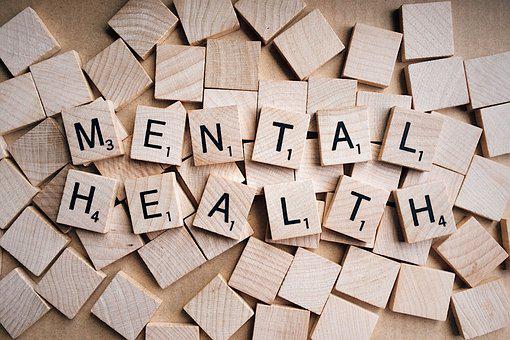Sleep quality epidemiological studies can help in improving mental public health initiatives and development of better sleep technology

We all want our complete day to go well. We want to complete our work with full enthusiasm. But the key parameter is that if we complete our sleep at the proper time. On average it is considered to dedicate 7 to 8 hours of sleep. Proper sleep leads to an increase in an optimistic mindset. It helps in dealing with the completely hectic scheduled day in an improvised way.
We on our own will
agree to the fact when we complete our sleep hours, we feel energetic for the
complete day. We take our problems in a positive way and overcome them. We
fulfill our deadlines. Also, we don’t want our day to end just yorning and
feeling lazy the complete day. We just don’t need to consume any kind of
caffeine to stay awake.
The importance of sleep is known to many of us, but are we known for its impact on our life? How is sleep quality impacting our lives? Are we aware?

This awareness is yet
poor even in today's 21st century. We always tend to gain updates about new
technologies and developments through the internet, but we never take the urge to
learn about our sleep. We never spend time to learn how sleep actually affects
our health or how it is actually affecting us.
It is really very important to be aware of our sleeping habits and keep improving them. Poor sleep quality meets us
with major health problems. It also includes neuro-cardiovascular problems.
Considering these health problems, it is very important to develop technologies that will identify these problems, and also help in recovering and improving them. Especially, it is an essential factor for today’s youth where sleep deprivation
is a major issue to deal with.
A recent study examining various people from different ethnic backgrounds resulted that more
than 27% reported poor sleep quality. This study gives us a clear view to
incorporate contributing factors that can help in improving sleeping quality
and improve the overall health with an increased mindset.
For this purpose,
epidemiological sleep data must be analyzed in different countries having
socioeconomic and sociodemographic variations. This regional-based study will
help in improving personal and professional life performance.
Enhancing the sleep
quality has been proven to improve mental health. Thus when epidemiological
studies in different regions will not only help in identifying the problems,
but it will also help in planning for the health initiatives and developments
that can help in overcoming these problems.
In past decades, overlapping
pathways using genome-wide association studies (GWAS) of related disease has
opened a completely new area of sleep research.
As per studies,
considering all the scenarios, and dealing with all the issues, it is very
necessary to develop technologies for this. Thus, through AI/ML we can achieve
a way to develop sleep-related technology. AI/ML- based sleep technology and
studying the impact of sleep quality through sleep epidemiological studies are
proper ways for improving the overall human health at the community, regional as
well as international levels.
Story Source:
Materials provided by Sleep Epidemiology. The original text of this story is licensed under a Creative Commons License. Note: Content may be edited for style and length.
Journal Reference:
0 Comments